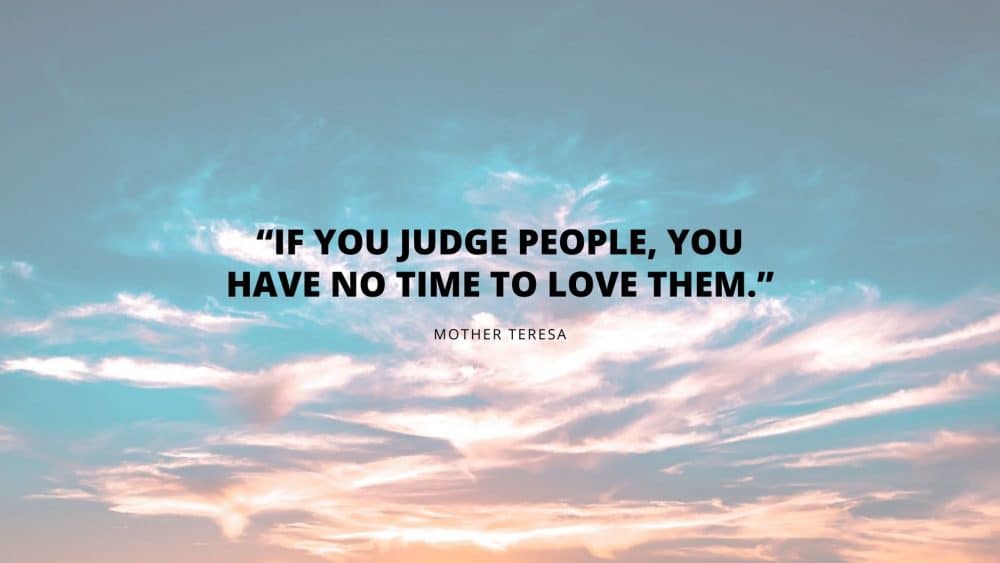One of the most important tasks of a leader is to support her people with the challenges they face. However, in the pressure-filled and fast-paced routine of everyday work, the challenges each one of us face might not be easily identifiable.
Due to workplace culture and social taboos, people might be struggling with some very important issues but never bring them to your notice. I have often been surprised by how much we can hide beneath our fake smiles and phony appearances.
How Can You Uncover The Hidden?
As a leader, the ability to uncover the hidden and provide support can be the difference between success and failure – both for individuals on your team and also for the business. So, how do you uncover these difficult to talk about topics?
One way to uncover important issues is to ask powerful questions regularly (download 164 such questions here). These questions require original answers which often leads to introspection and being vulnerable. I have found that asking powerful questions is a very important skill to develop as a leader.
The key is to be completely present while interacting with others, and then being brave enough to ask the question. These questions can be asked in formal or informal settings, in regular 1-on-1s, or while walking to and from meetings.
“Stop taking care of your career. Start taking care of your people. And if you do that, they won’t let you fail.” – Jim Collins
Below are 7 such Empathetic Questions which you can ask to understand others and provide any support they might need:-
1. “You don’t seem yourself today. Would you like to take a break and chat?” – Ask this question when you notice sadness or sudden quietness from someone. Invite them to take a walk around the office, or to have a chat over coffee. A single conversation at the right time can make a world of difference to another person. Often you will discover a minor issue, which if quickly acted upon, can prevent major problems down the road (both for the people involved and the business).
2. If you notice someone angry or frustrated, you can calmly say – “You sound upset. Is that because of something I did? Let me know if I can help anyway.” Pent up emotions can lead to cynicism which can easily spread to other people. Emotions are contagious, and hence it is important to offer help and support when you notice emotional build-up. Showing a little care can go a long way in making people feel that they are not alone and they can share what they feel.

3. “What can I do to help? How can I (or the organization) support you?” You can ask this question when you see a person sad or dejected. Stressful situations can often lead to feelings of helplessness. However, if addressed in time, these feelings can help the person to understand themselves better. As a leader, you can use these moments as coaching opportunities.
4. If you know someone is going through a personal crisis, you can politely ask. “I know you are going through a tough time. If you want to talk about it, I am willing to hear you out and help in any way possible?” We all go through tough times at times, and as a leader, it is important to show people that you care for them as human beings, and your interest in them is not only limited to the work output they produce.
5. “I can’t even imagine how hard it must be for you. I want you to know that I and the organisation appreciate the way you have responded to the situation. If there is anything else I can do to support you, let me know?” You can say this statement to show support when a person is experiencing difficulty at home or work. An encouraging message like this can go a long way. A little reassurance at the right time can go a long way.
6. “I am sorry for what you are going through right now. I know you are a fighter and will come back stronger from this. Can I be of any help?“ You can use this statement when someone is in despair or tearful. We all go through tough times and through situations that can feel overwhelming. However bad the suffering, it often helps to remind people that they have what it takes in them to overcome what they are going through.
7. “I would hate to see you burn out. Are you taking care of yourself? Is there anything I can do?” If you notice someone is overwhelmed by work or at the risk of burnout due to a stressful project, you can use this statement to show empathy. This also serves as a “check yourself” warning before it gets too late. Because of the advantage of distance, you can sometimes see signs of burnout which others can’t, and a small intervention in such a situation can prove very timely and helpful.

Simple Words Can Make A World of Difference
Right Words At The Right Time Can Make A World of Difference
Asking the right questions and sincerely listening will help you see things from others’ points of view. Consciously expressing your care can help people understand their own emotions better and make our relationships more meaningful. Needless to say, all of this results in better engagement and higher productivity at work.
A few words, said at the right time, can make a world of difference. And we all have the power to make a difference by practicing empathetic listening and noticing emotional cues. You never know what your support at the right moment might mean for someone else. The benefits of becoming more emotionally intelligent are very tangible and have a direct impact on your health and well being. And I can tell you that there is no better feeling than knowing that your little act of empathy made a positive difference to someone else’s life and well being.

I have started using many of the questions you mentioned. This article is a must read for anyone who wants to be more empathetic towards others and use that skill to improve all day to day relationships.